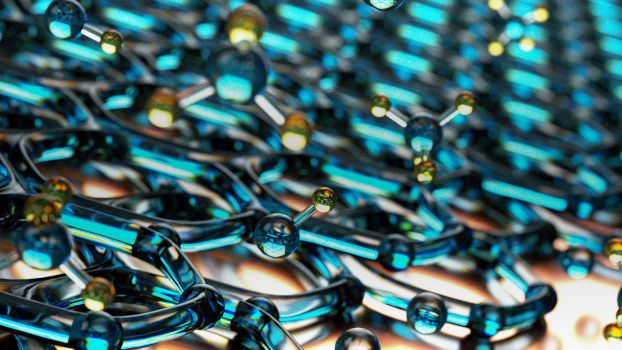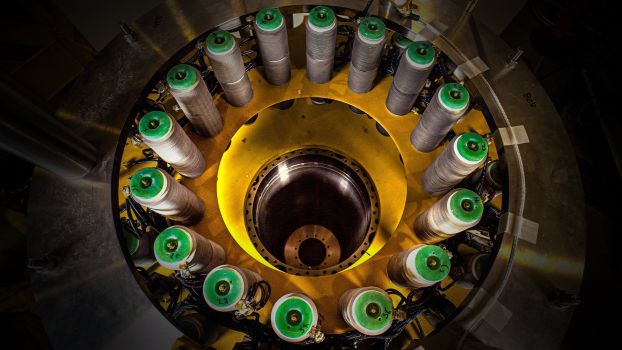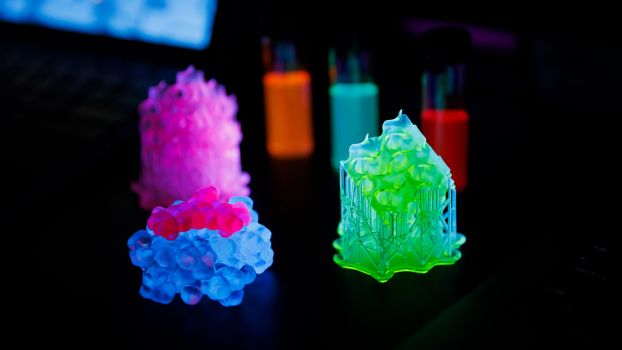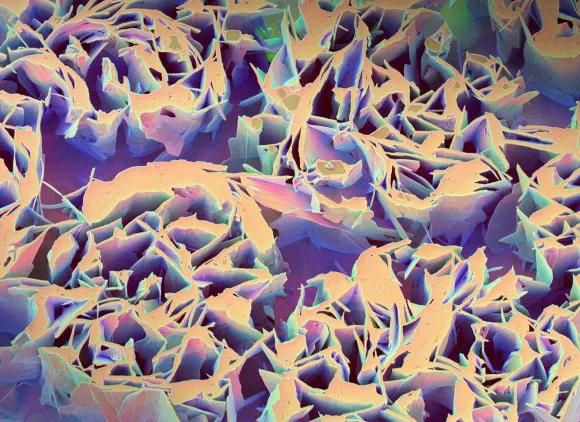The U.S. National Science Foundation Division of Materials Research (DMR) supports experimental and theoretical research in various materials-related fields. DMR provides funding for individual researchers, small groups and centers, instrumentation and major multi-user facilities, and education and training for workforce development.

 On this page
On this page
What we support
The division supports a portfolio of materials science programs, research centers, and facilities with advanced instruments, as well as collaborative research programs and workforce development initiatives to advance the future of materials science.

Materials Research Science and Engineering Centers
The division currently supports 20 Materials Research Science and Engineering Centers that provide the resources and interdisciplinary environment needed for research activities of ambitious scope and complexity.

Research facilities
The division funds and manages multiple unique laboratory facilities and high-tech instruments enabling researchers to probe the structure and behavior of matter and to create materials with new properties.

Workforce development and broadening participation
The division invests in multiple efforts to broaden the participation of underrepresented groups in science and engineering at all academic levels to strengthen and expand the U.S. STEM workforce.

Designing Materials to Revolutionize and Engineer Our Future
The division leads several programs supporting collaborative research integrating experimental, theoretical and data-driven methods, including the NSF Designing Materials to Revolutionize and Engineer our Future program (DMREF). DMREF is the primary way NSF participates in the Materials Genome Initiative, a multi-agency federal research and development effort. The program supports collaborative research to rapidly and cost-effectively discover, develop and deploy advanced materials.
Core research programs
- Biomaterials: Supports research and education on biological, biomimetic, bioinspired and bioenabled materials and synthetic materials intended for applications where they will be in contact with biological systems.
- Ceramics: Supports research and education on ceramics, glass-ceramics, inorganic glasses, ceramic-based composites and inorganic carbon-based materials to develop predictive capabilities for these materials.
- Condensed Matter and Materials Theory: Supports fundamental research and education on hard and soft materials and related phenomena; develops associated analytical, computational and data-centric techniques; and predictive materials-specific theory, simulation and modeling.
- Condensed Matter Physics: Supports research and education in the investigation of the fundamental physics underlying condensed matter systems.
- Electronic and Photonic Materials: Supports research and education in developing advanced materials to enable transformative advances in electronics, optoelectronics and photonics for use in computing, communications and sensing.
- Metals and Metallic Nanostructures: Supports research and education on the relationships between structure and properties of metals and their alloys.
- Polymers: Supports research and education on polymeric materials and polymer science.
- Solid State and Materials Chemistry: Supports research and education on organic, inorganic and hybrid materials, with an emphasis on materials synthesis and the relationships between material structure and properties.
Who we are
DMR's workforce is composed of both federal employees and scientists from research institutions in temporary positions with a wide range of expertise.
Stay connected
Subscribe to DMR email updates
Be notified of the latest news, funding opportunities and events from DMR.
DMR news and announcements
Keep up with the latest award announcements and research highlights.
Become a DMR reviewer
Gain insights into the NSF merit review criteria and what makes a good proposal to NSF.
Attend virtual office hours and webinars
Talk directly with DMR program directors and learn how to submit a proposal.
Find funding and contact a program director
Search for DMR programs and funding opportunities and find contact information for program directors. See also

